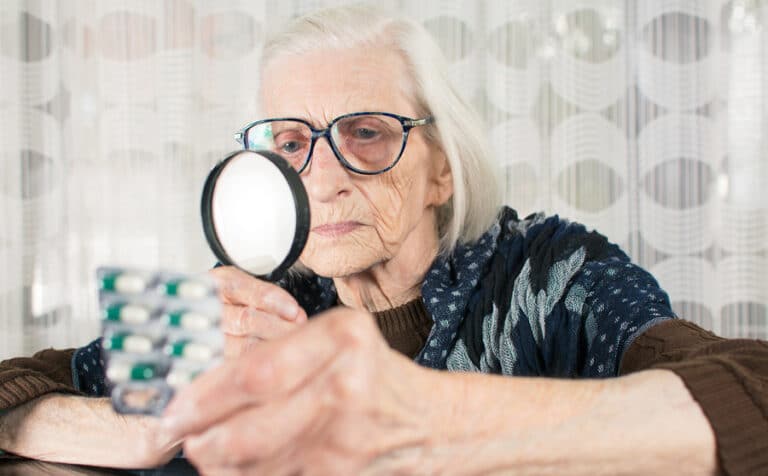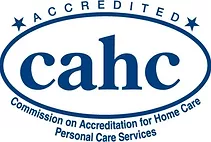October is National Medicine Abuse Awareness month. Older adults are more likely to misuse medicines or become addicted to them because their body cannot absorb and filter medicine easily as a younger person, not only that but medicine can be misused unintentionally by taking the wrong amount that was prescribed, taking it too often or when they don’t need it.
Prescription medication misuse and abuse are a growing public health problem among older adults; these problems are associated with many serious consequences, other than addiction and overdose. Misuse of prescription drugs, also referred as controlled substances has increased by more than 50% since 2009 to the present, according to the Treatment Episode Date Set, 167,200 people age 55 were admitted to addiction treatment in 2020, and it is estimated to increase due to combination factors.
What contributes to medicine abuse?
• Social support: lack of meaningful relationships and family support lead seniors to isolate increasing risk of mental health issues, contributing to substance abuse.
• Slowed metabolism: Older adults have physical changes, their brain become more sensitive and develop a slower metabolism which means that medicine stay in their system longer.
• Mental health conditions: medicine prescribed for depression and anxiety can stimulate addiction.
• Prescription drug abuse: having access to multiple medicines prescribed by different doctors can be either intentionally or unintentionally misused increasing the risk of addiction.
• Chronic pain: unfortunately, this is prevalent in aging populations. As pain increases, many people seek out both prescription and over-the-counter medications. Many pain medications are known to be addictive or can also bring negative consequences to the body when abused.
When we think about drugs it isn’t just about street drugs, the legal and prescribed drugs are the most abused drug in the U.S. The commonly used medicine for elders that can be addictive and dangerous if misused are:
Benzodiazepines
This is a sedative that helps with panic attacks, anxiety and sleep problems and examples can be Alprazolam (Xanax), clonazepam (Klonopin) and diazepam (Valium) they work well but overuse and sometimes even as prescribed can also develop a physical dependence, leading to addiction.
Opioids
This includes oxycodone (OxyContin), oxycodone with acetaminophen (Percocet), and hydrocodone with acetaminophen (Vicodin). These are used to control pain; this medicine is usually prescribed for short periods of time given that this can be addictive.
What to look for and what to do?
Symptoms of prescription medication abuse in older adults can be hard to recognize due to its similarity to aging. Please note that stopping some medications immediately can be dangerous, so if you think that you or a family member is dependent on this medication, you should talk to your doctor and tell them your concerns that way the doctor can schedule an appointment to evaluate the person.
Warning sign that someone is possibly abusing prescription drugs
• Get a prescription for the same medicine from two different pharmacies or doctors
• Take more of a medicine than they used to or take more than is instructed on the label
• Take the medicine at different times or more often than is instructed on the label
• Become more withdrawn or angry, forgetful
• Often talk about a medicine and afraid to go out without taking it
• Make excuses for why they need a medicine and become defensive about it
• Store “extra” pills or hide medicine
There are thousands of pills in different shapes, color, sizes. If you find a random pill that you don’t recognize or have a suspicious precedence you can go to WebMD’s Pill Identification Tool to find what it is, or take it to the closest pharmacist to identify it.
You can treat medicine abuse in older adults by going through detox treatment either by staying in clinics with experienced addiction professionals, outpatient treatment meaning receiving cognitive-behavioral therapy at home, and finally you can access a support group to talk freely and openly.
Resources:
https://familydoctor.org/condition/prescription-drug-abuse-in-the-elderly/
Substance Abuse is Getting Old: How Addiction is Becoming a Risk to Seniors
https://www.webmd.com/mental-health/ss/slideshow-marijuana-body-effects
- Home Care Assistance Can Help Seniors Manage Self-Care Tasks - April 24, 2025
- The Superfood You Shouldn’t Miss - April 9, 2025
- First Home Care Visit? Here’s The Inside Scoop - April 9, 2025


